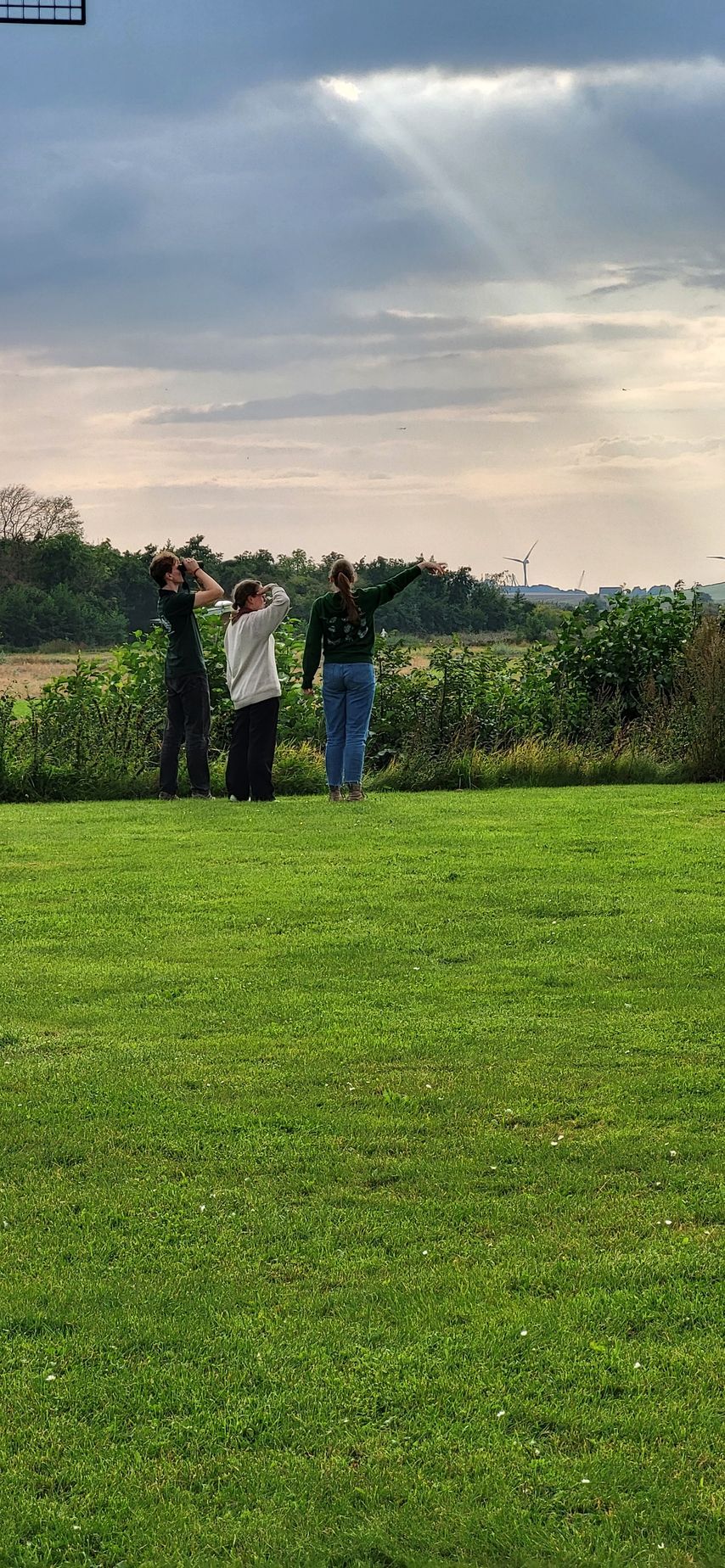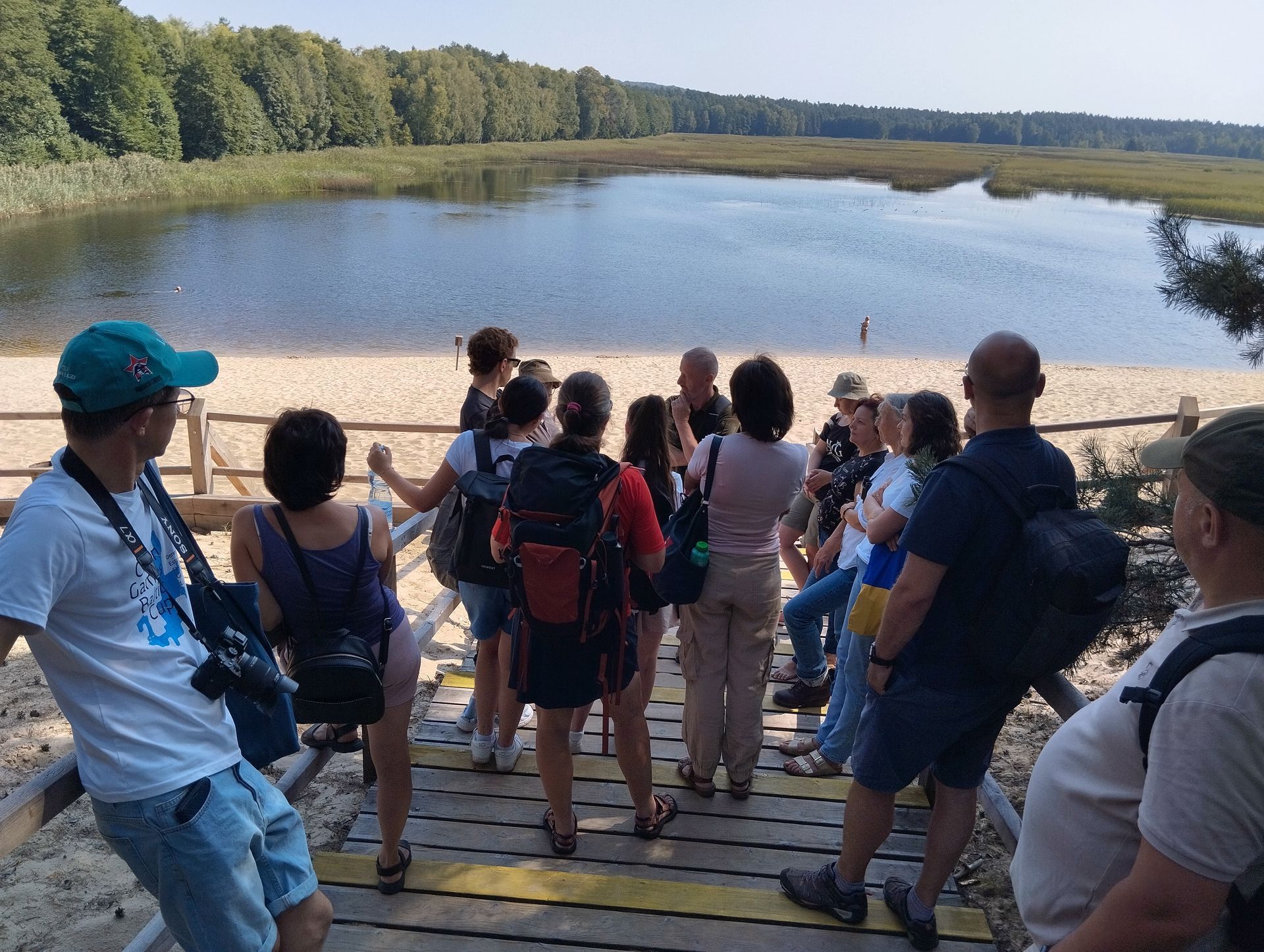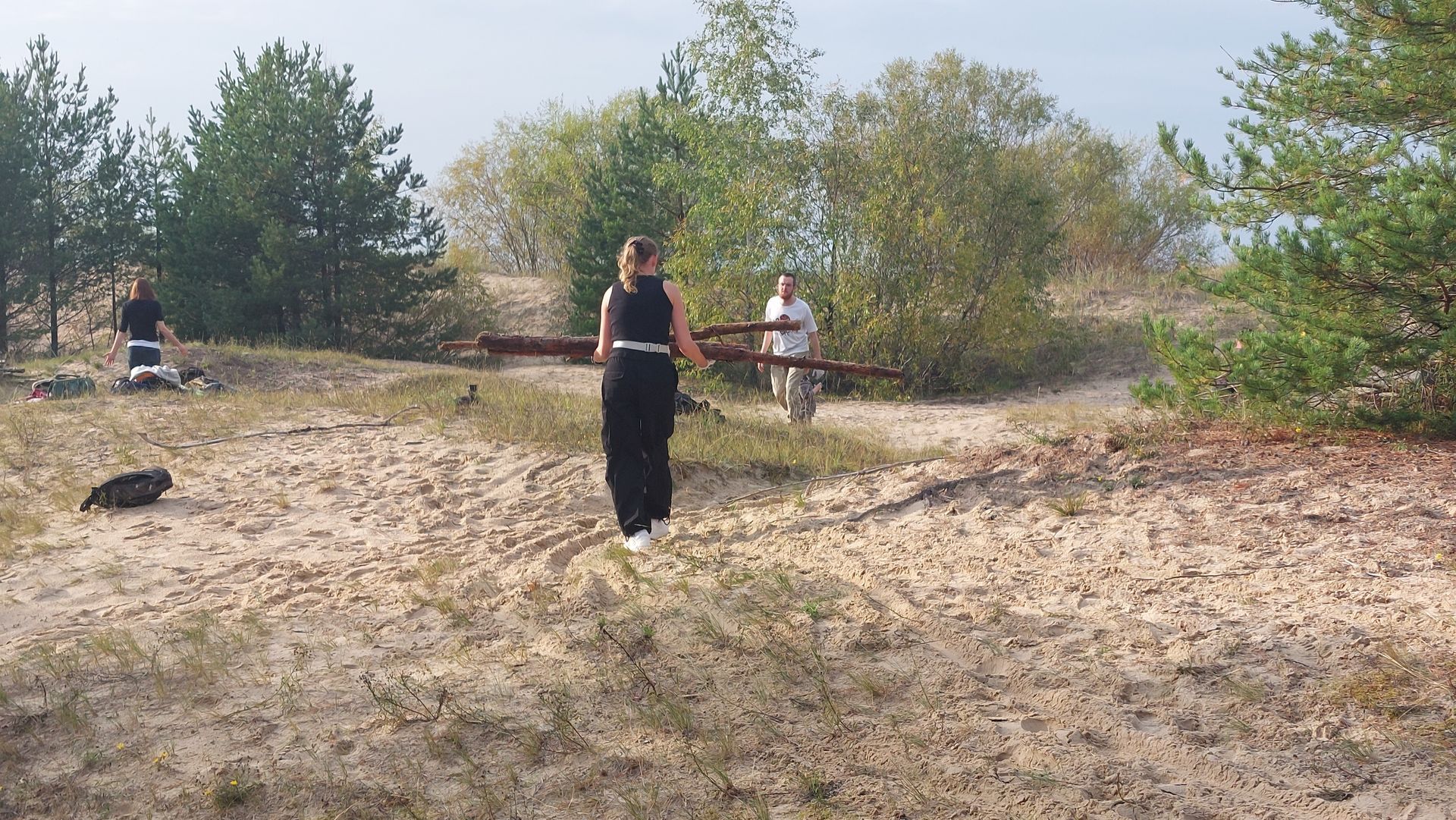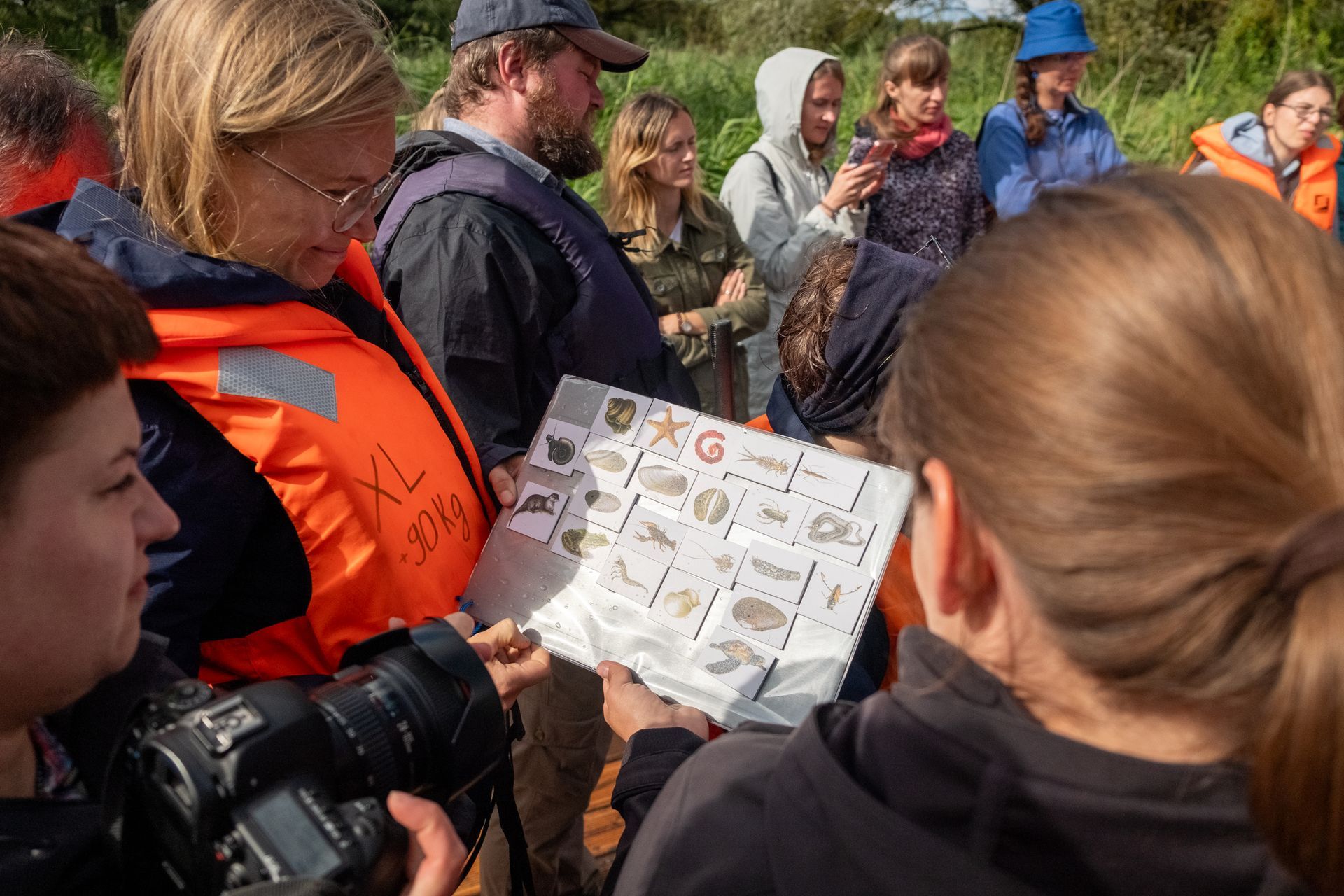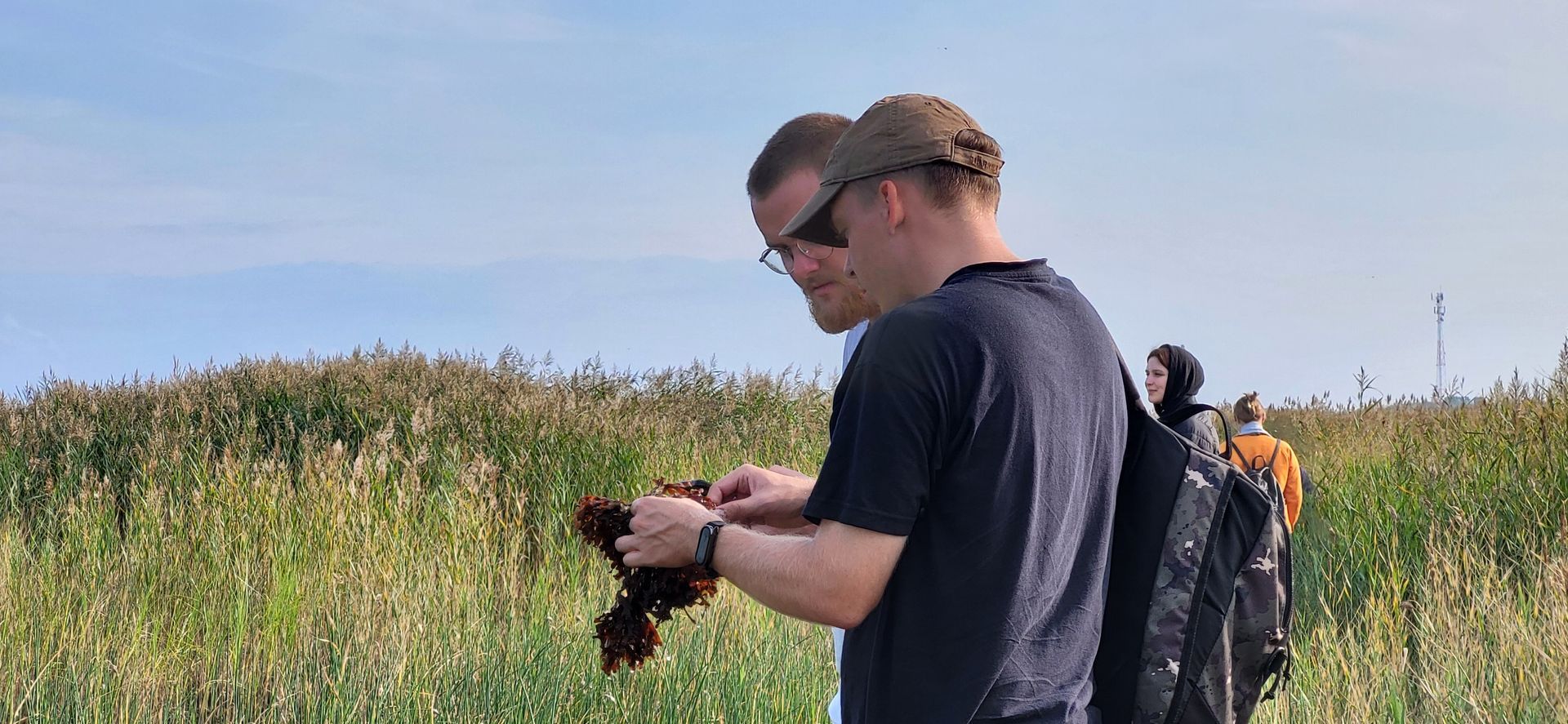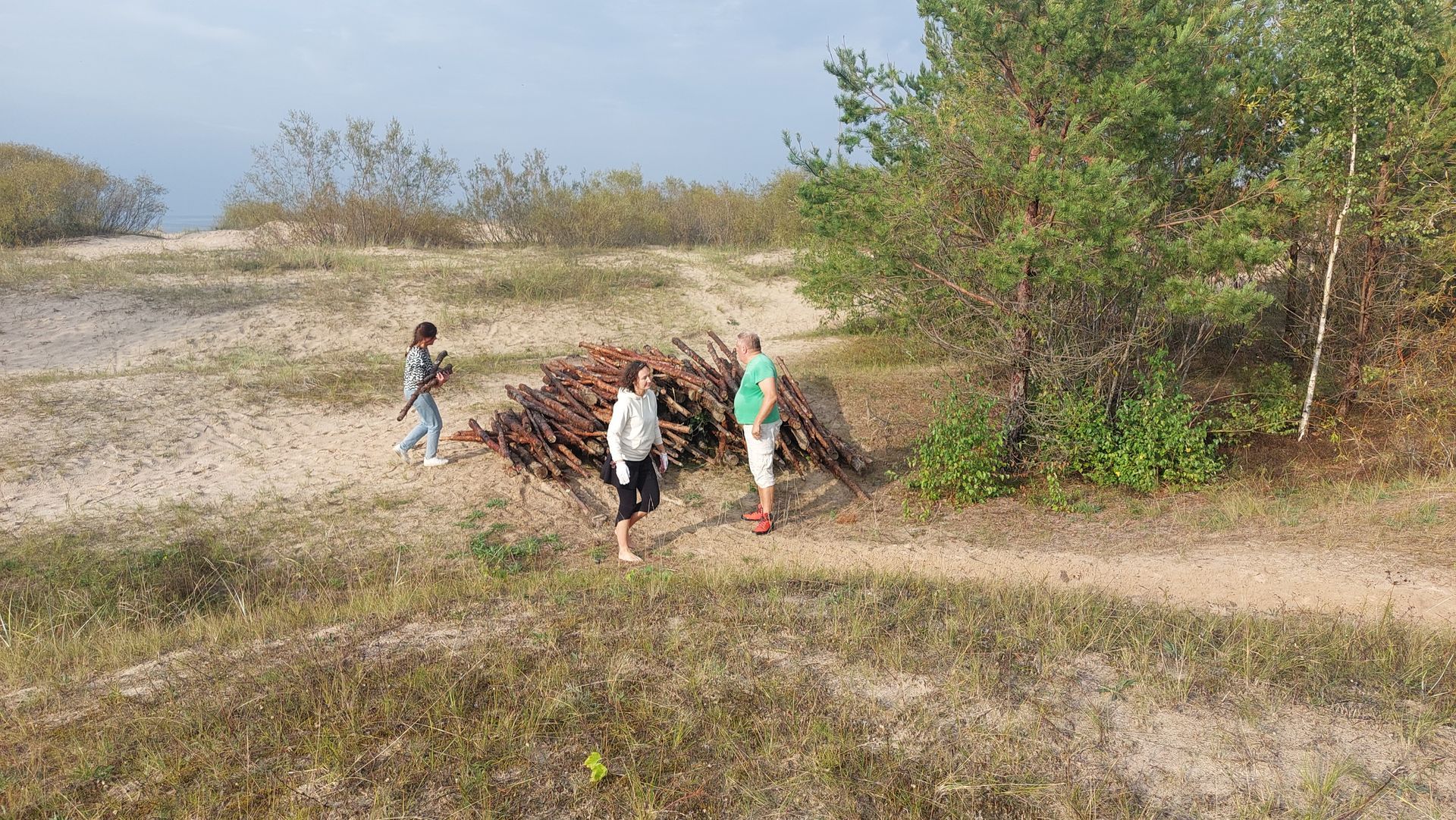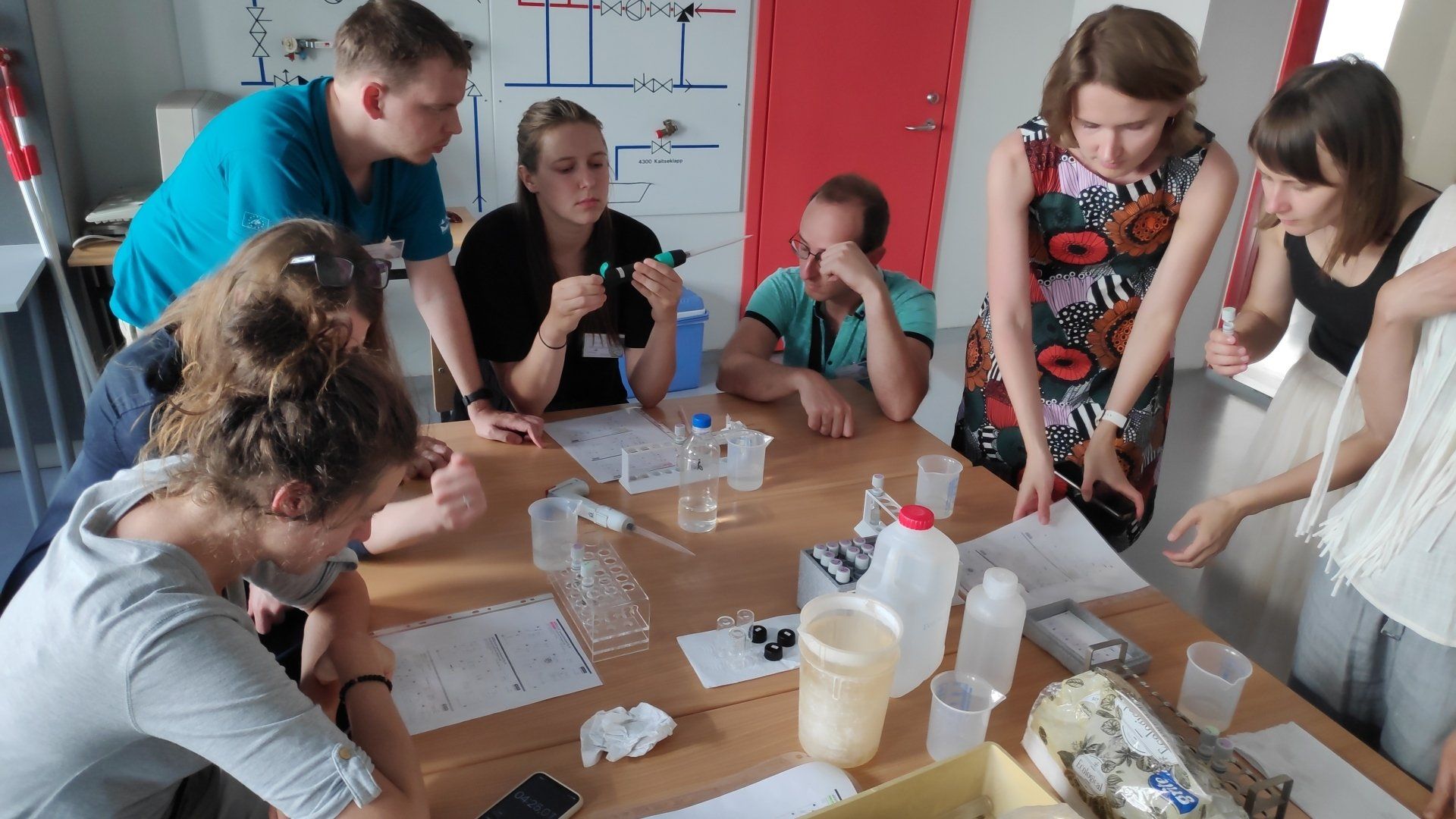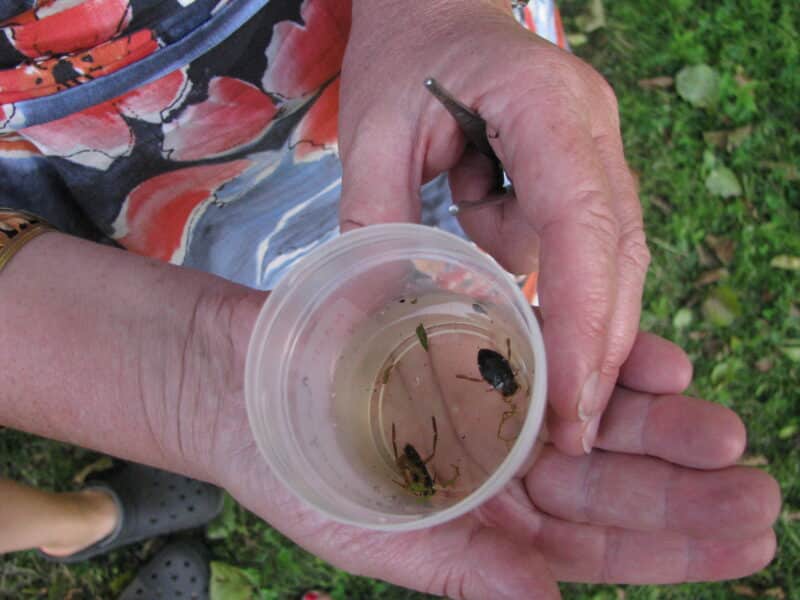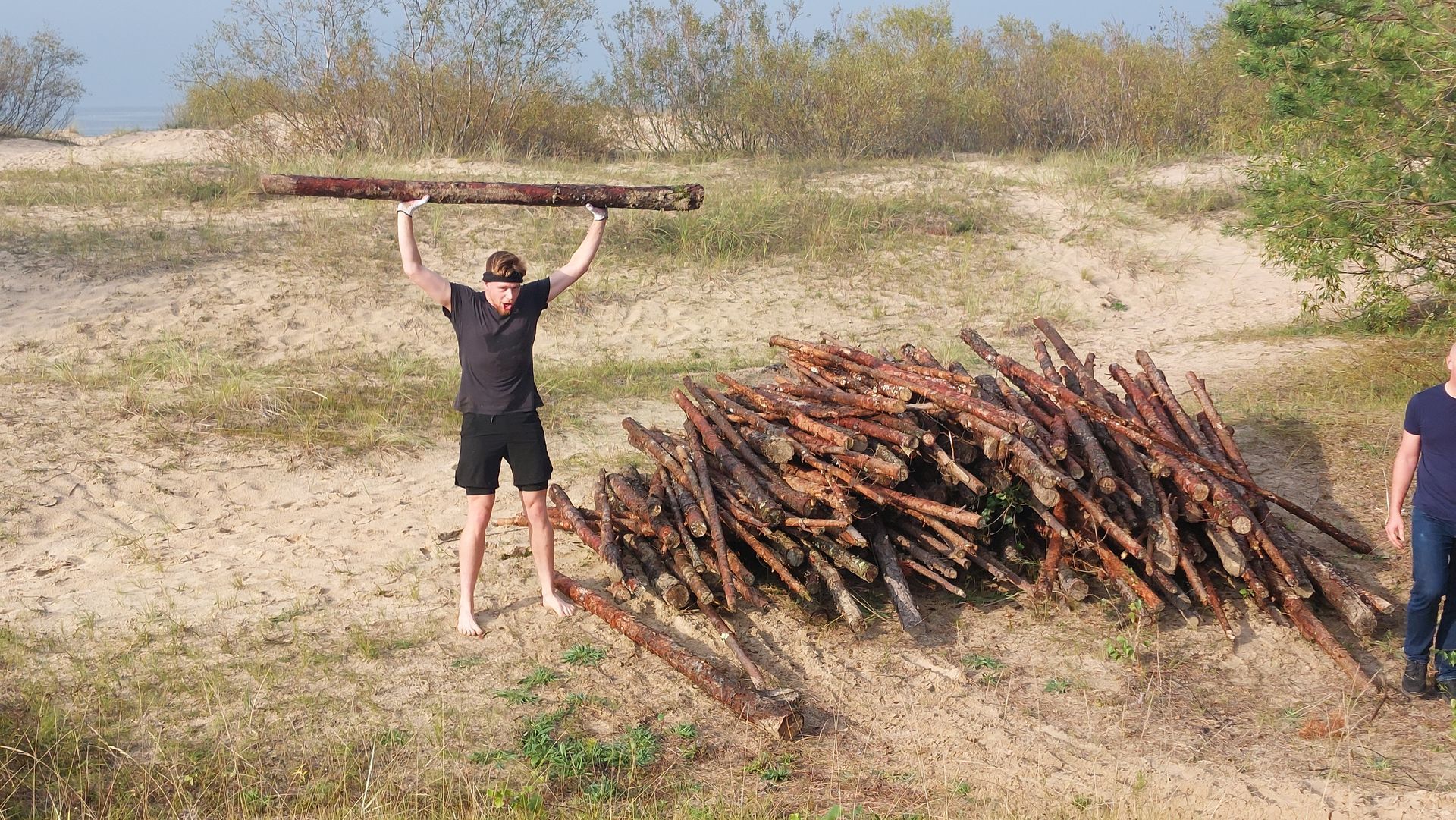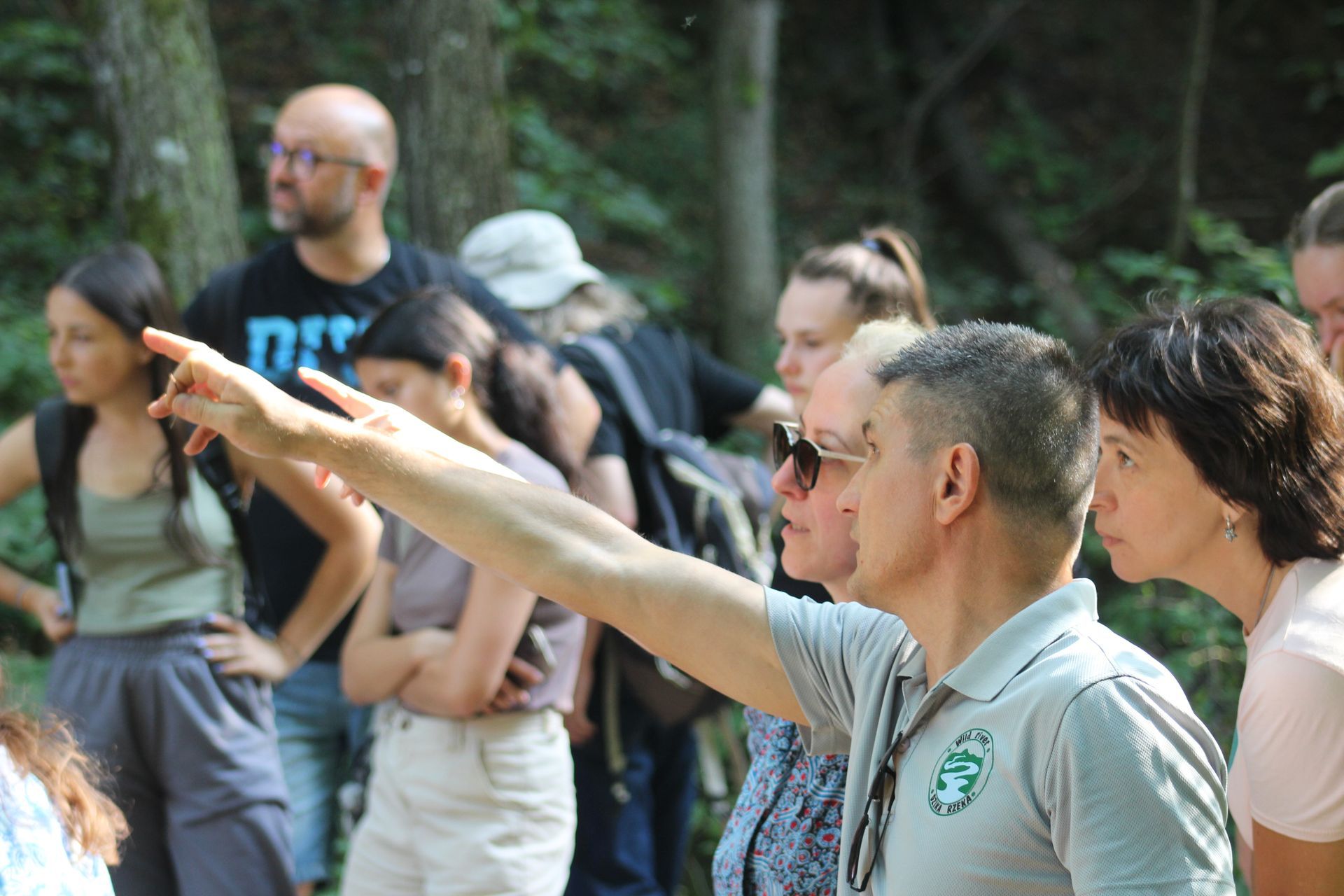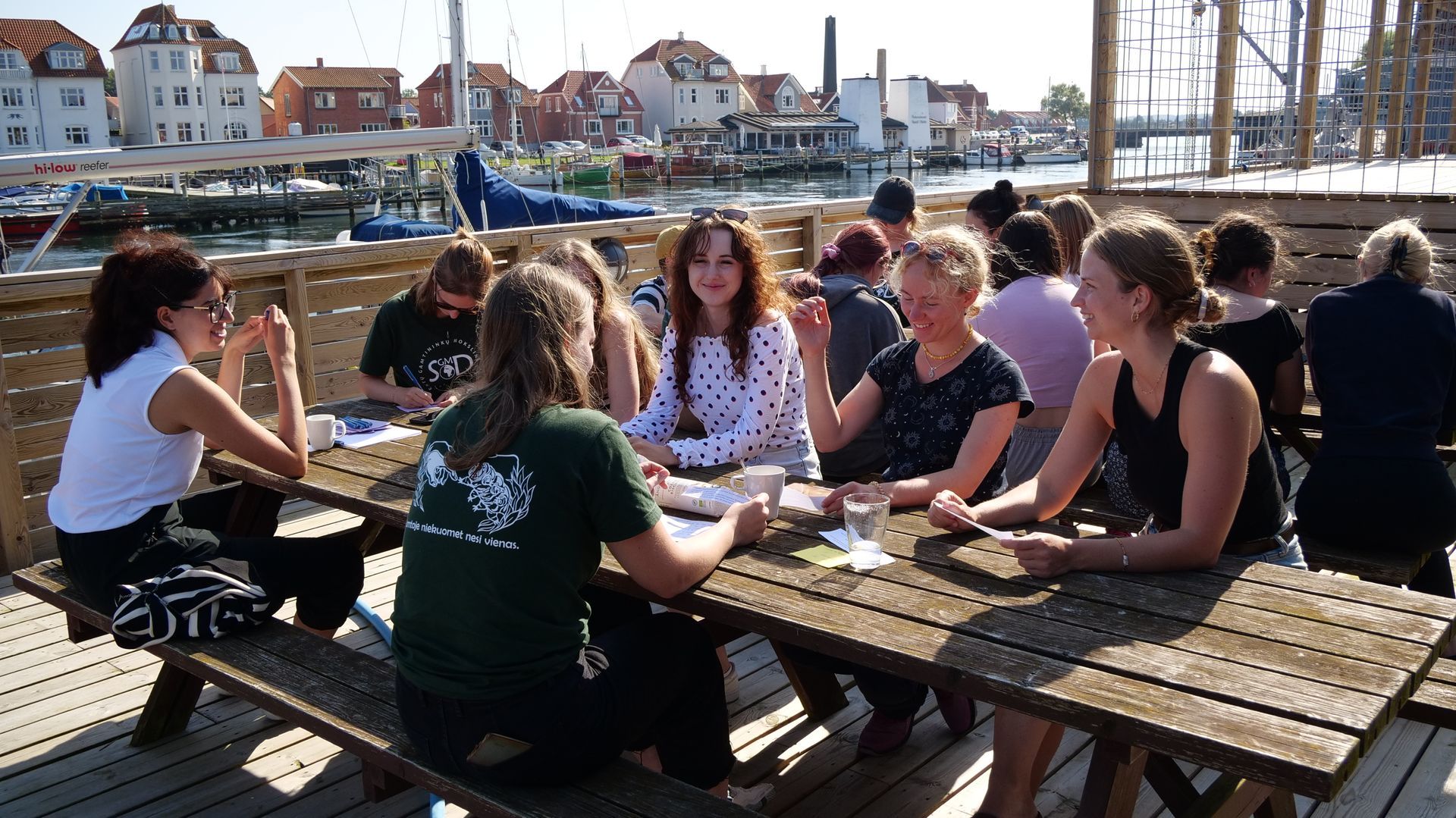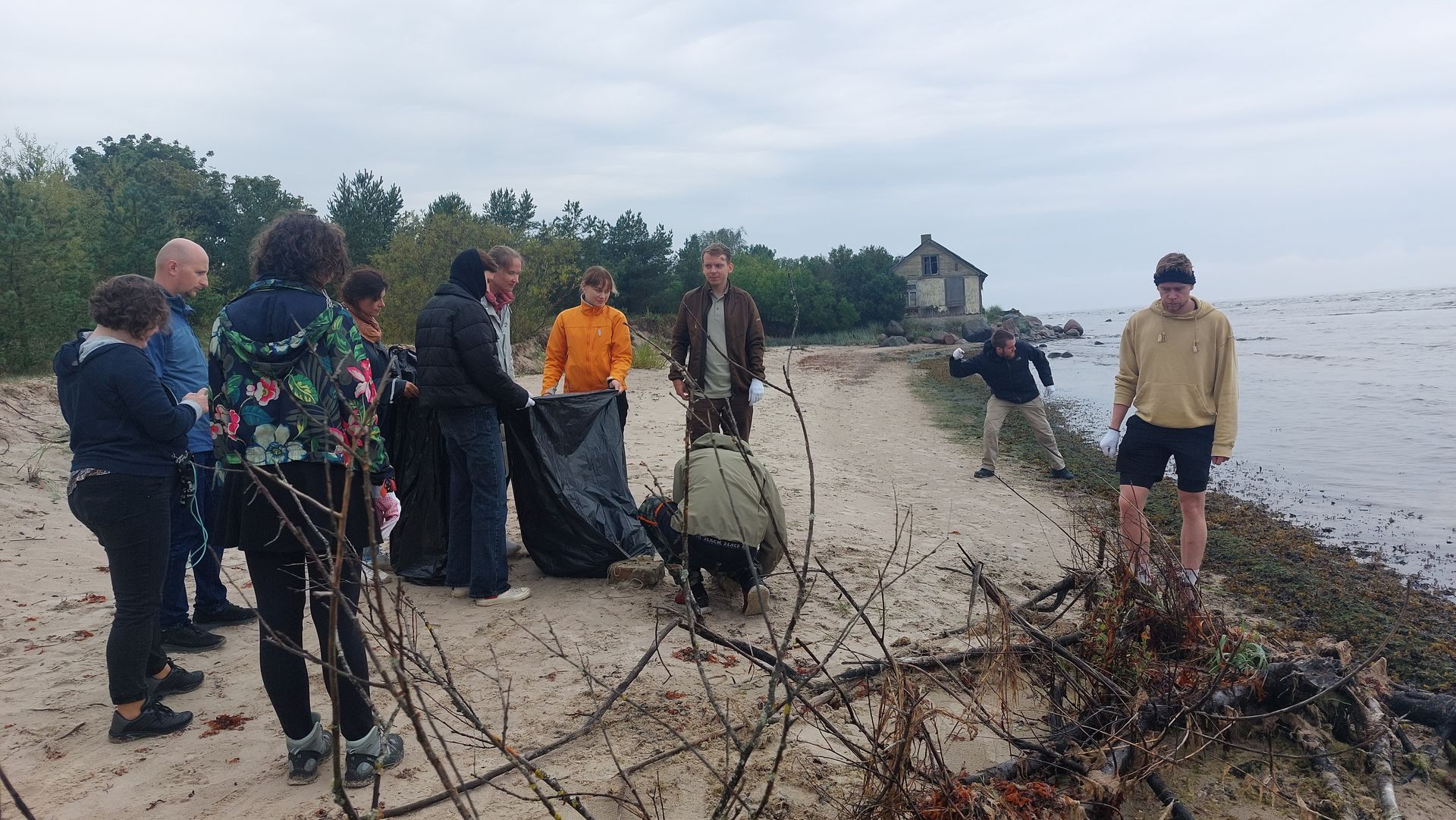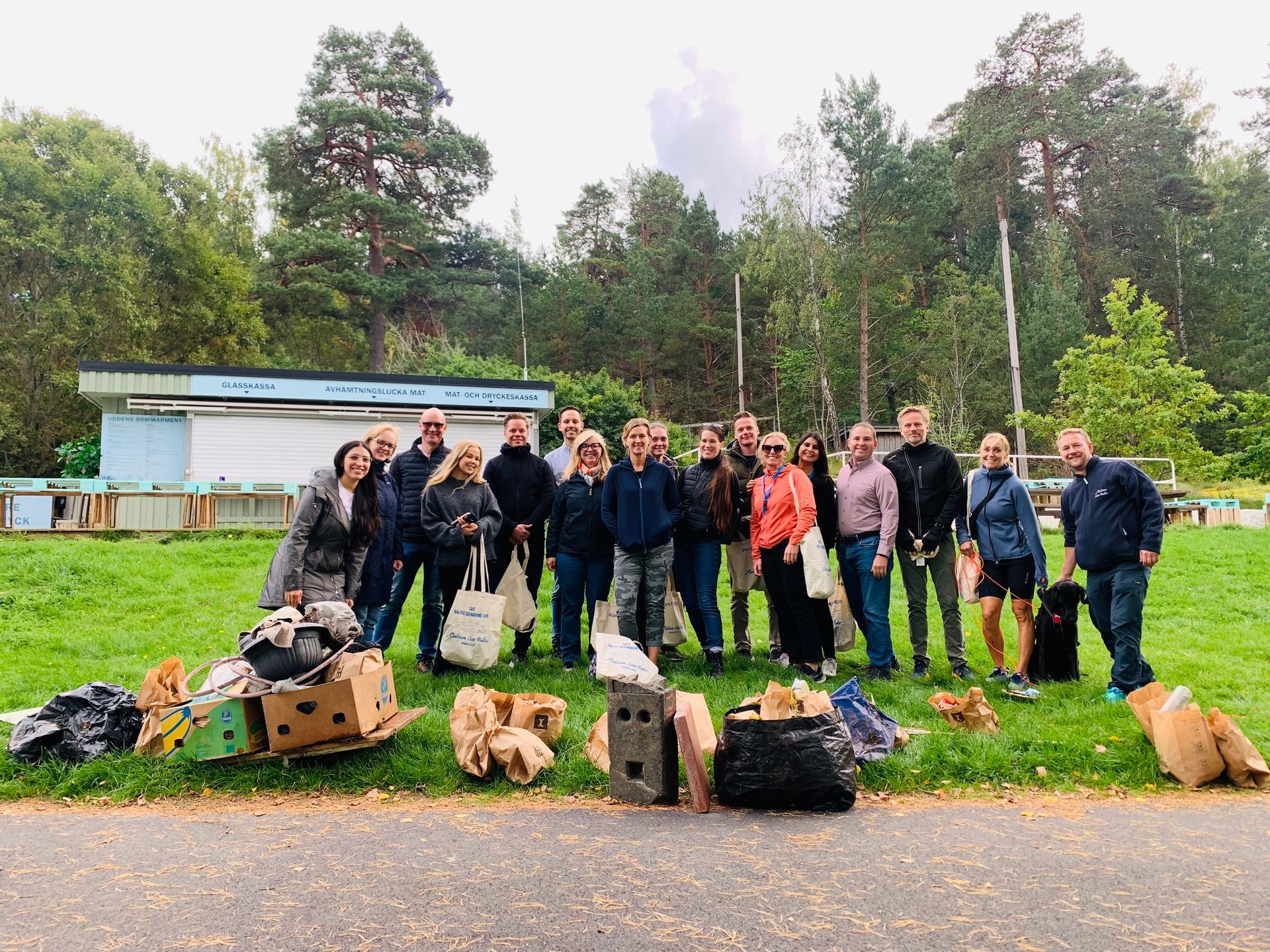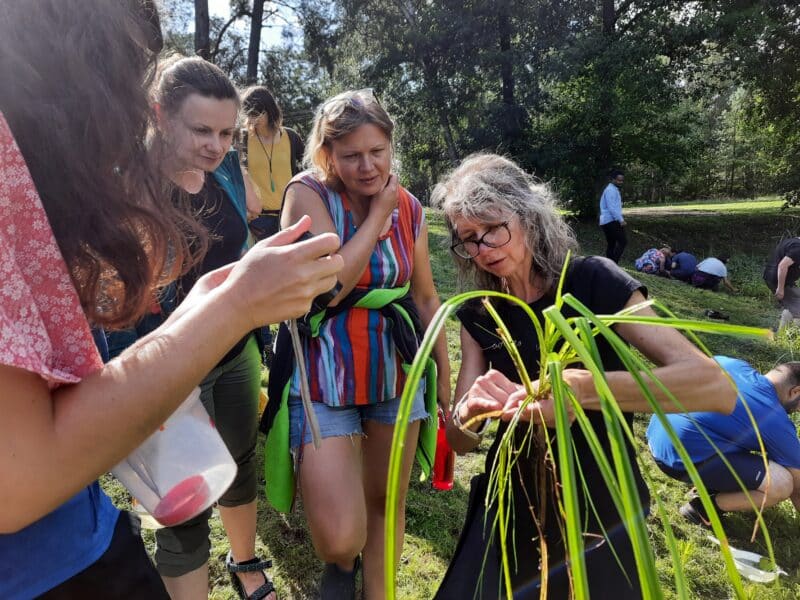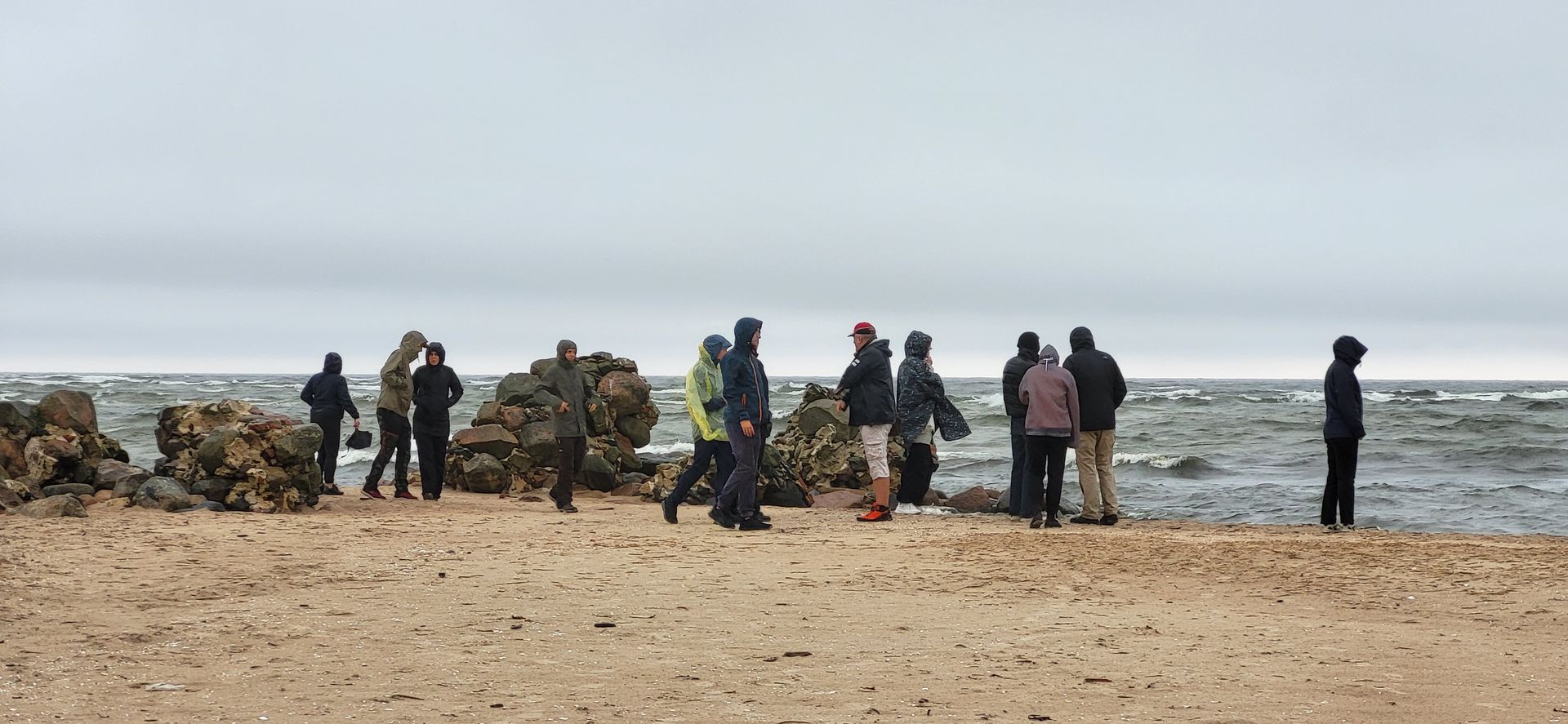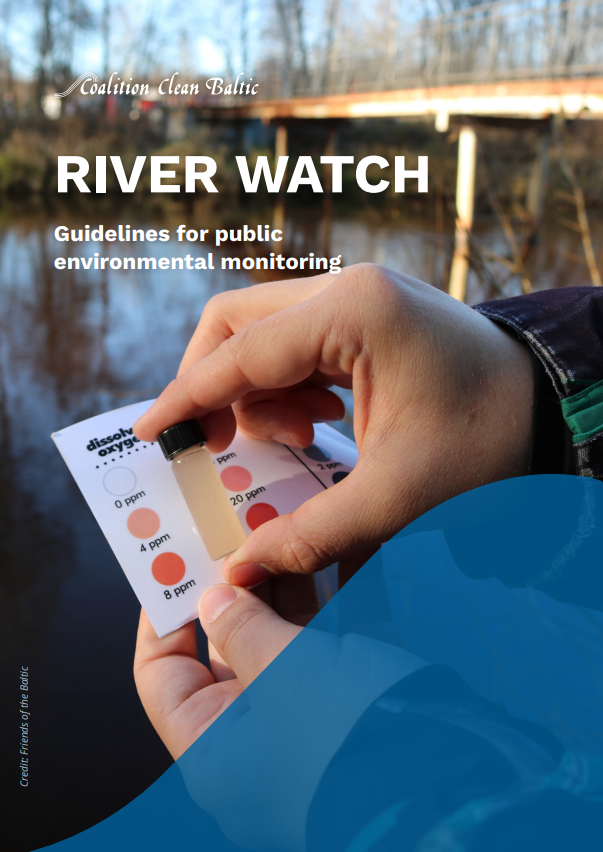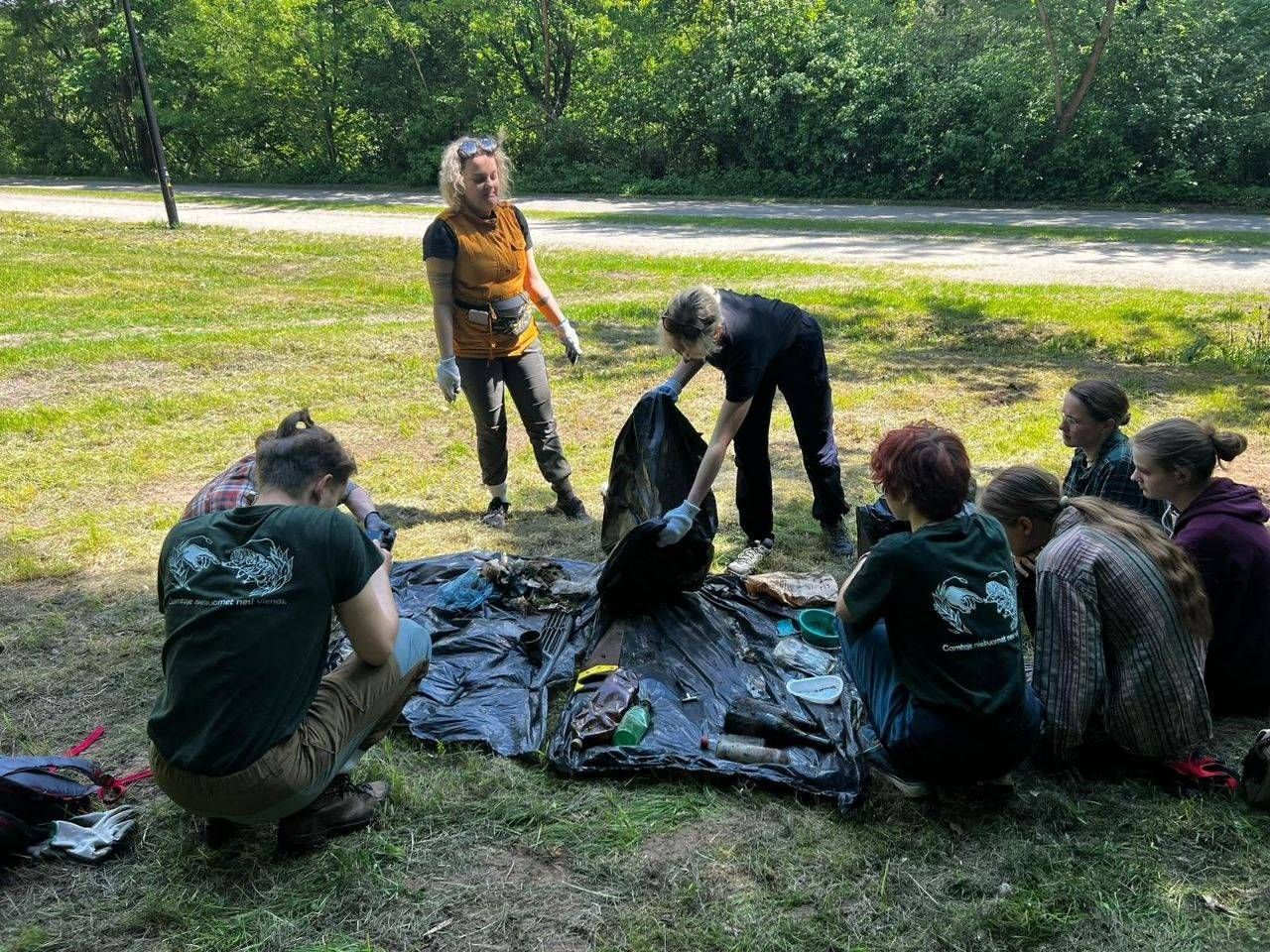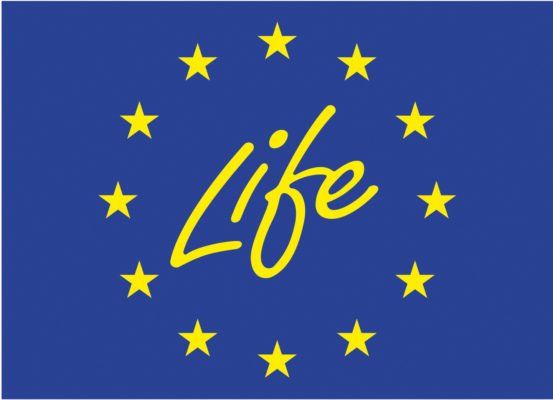Citizen Science
1990 - ongoing
Citizen science is a key part of environmental research, and our network is working alongside citizens and local communities to collect valuable data that helps protect the Baltic Sea environment.
HISTORY OF THE PROJECT
CCB network has been dedicated to engaging citizens in science since the 90’s. For several decades we understood that real change requires collaboration between communities, scientists, and policymakers. Our citizen science initiatives focus on protecting the Baltic Sea, from monitoring pollution levels to coast watch and river watch or to restoring ecosystems. These activities help us gather valuable data used by researchers for conservation efforts. This way, local communities and any citizen can engage in research for environmental protection.
In the early 1990s, CCB donated a Gas Chromatography Instrument to Tallinn University of Technology, enabling the monitoring of chlor-organic substances in biota from Estonia. Over the years, CCB has supported various citizen science studies including, for example, work on wild salmon river populations in the Baltic Sea Region in Latvia, Lithuania, Russia, and Belarus, helping identify key areas for conservation efforts.
Since the 2000’s some CCB members, including the Latvian Green Movement have been active in coastal observation in Baltic Sea Region, working with local activists, teachers, and schoolchildren.
More recently, in 2021, we published national reports produced under the River Barriers project. This project focused on identifying and removing or mitigating river barriers in the Baltic Sea Region. We gathered information on various river systems to identify and assess barriers and dams that could be removed or modified to improve river biodiversity, particularly for migratory species such as salmon and other fish.
Our annual educational events, which have been running for decades, include citizen science activities. However, in 2024, for the first time,
Our Common Baltic course was dedicated to CoastWatch training and plastic monitoring, engaging young people in citizen science activities focused on protecting the Baltic Sea.
CITIZEN SCIENCE IN A NUTSHELL
How to get engaged?
If you want to get involved in the environmental movement, CoastWatch is a great place to start! CoastWatch promotes sustainable use of coastal resources while encouraging public participation in environmental planning and management.
Our questionnaire can be filled in while walking along the shore and doesn't require special knowledge.
When is your next walk to the sea?
More about CoastWatch
CoastWatch EuropeThe primary goal of CoastWatch is to promote the protection and sustainable use of coastal resources while encouraging informed public participation in environmental planning and management.
CoastWatch offers a platform to explore different coastal observation techniques, inspiring new research and projects. Member organizations of the Coalition Clean Baltic also conduct CoastWatch activities in Latvia, Estonia, and Russia.
This research is conducted using a questionnaire developed by CCB's Working Area Maritime, based on materials from CoastWATCH Europe.
CoastWatch Days
CoastWatch Days are traditionally held from 20 September to 20 October, but you can conduct observations at any time of the year.
Step 1: Organize a field trip to the coast and make observations using our questionnaire.
Step 2: Write a post on your social media about your CoastWatch experience, adding #CCBCoastWatchDays.
CoastWATCH can include general observation of the coast; biodiversity monitoring, bioindication; plastic monitoring: marine litter, microplastic pollution, and brand audits.
MATERIALS
EVENTS
We continue to act, do you want to know more?
Stay tuned for our next citizen science event!
In the meanwhile, discover how you can get engaged to protect the Baltic Sea.
